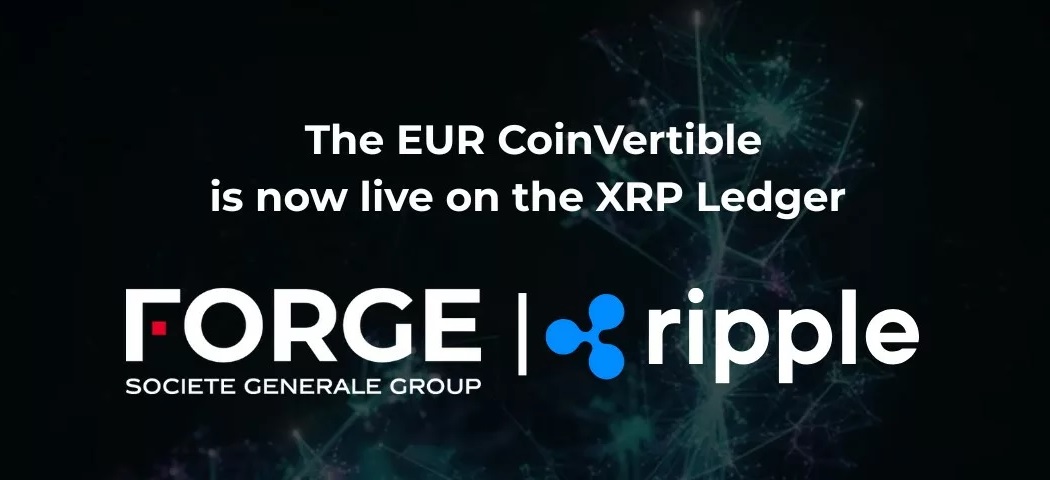JPMorgan formally quits R3 – seems like big banks prefer to go alone and run their own blockchain projects after learned the basics

JPMorgan Chase has formally exited blockchain consortium R3, following in the footsteps of fellow titans Goldman Sachs and Banco Santander who split last November. JPMorgan was one of nine original members of R3, which has since seen its ranks swell to more than 70 of the financial services industry’s biggest players.
The departure comes as R3 continues to pursue fundraising efforts, looking to raise to raise $150 million from its members and strategic investors in return for a 60% stake in the business – a downgrade from its original funding target of $200 million.
Other institutions rumoured to have jumped ship since the term sheets first did the rounds include Morgan Stanley and National Australia Bank.
Charley Cooper, a managing director at R3, confirmed the news of JPMorgan’s exit to Reuters: „JPMorgan parted ways with R3 to pursue a very distinct technology path which is at odds with the one chosen by the global financial services industry, represented by our 80-plus members.”
JPMorgan is a founding member of the Eenterprise Eethereum Alliance, which favours the development of corporate-grade technology over the open source blockchain platform. The bank has also developed its own DLT platform, dubbed Quorum, which is making waves within the Linux Foundation-led Hyperledger movement.
Enrico Camerinelli – Aite Group – Boston, comment on finextra’s blog: „A deeper analysis suggests that banks choose to join consortia to learn the basics of blockchain and make the first steps. They subsequently prefer to go alone and run their own blockchain projects, avoiding the risk of “giving away” their intellectual property. This is a dangerous path: the evolution of blockchain-based solutions is going too fast, and it will not help having each bank running its own race. Of course competition is needed, but a solid foundation of common rules, standards, and technical guidelines are indispensable.”
„Technology standards help everyone reach a certain level. Leaders won’t be leaders if they stuck to standards and stayed on par with the others in their industry. They will use technology to gain competitive advantage. While standards do serve a certain purpose, it’s naive to expect any single open standard to achieve ubiquituous adoption. Through the decades, I’ve seen multiple open standards emerge in any given space and vie for adoption e.g. TCP/IP v. ISO/OSI, BSD v. AT&T Unix, etc. The only standards that have managed to achieve majority adoption are the proprietary ones e.g. MS DOS, Windows, etc. I see the same story repeating with Blockchain.”, say Ketharaman Swaminathan – GTM360 Marketing Solutions – Pune.
Source: finextra.com
Dariusz Mazurkiewicz – CEO at BLIK Polish Payment Standard
Banking 4.0 – „how was the experience for you”
„To be honest I think that Sinaia, your conference, is much better then Davos.”
Many more interesting quotes in the video below:









